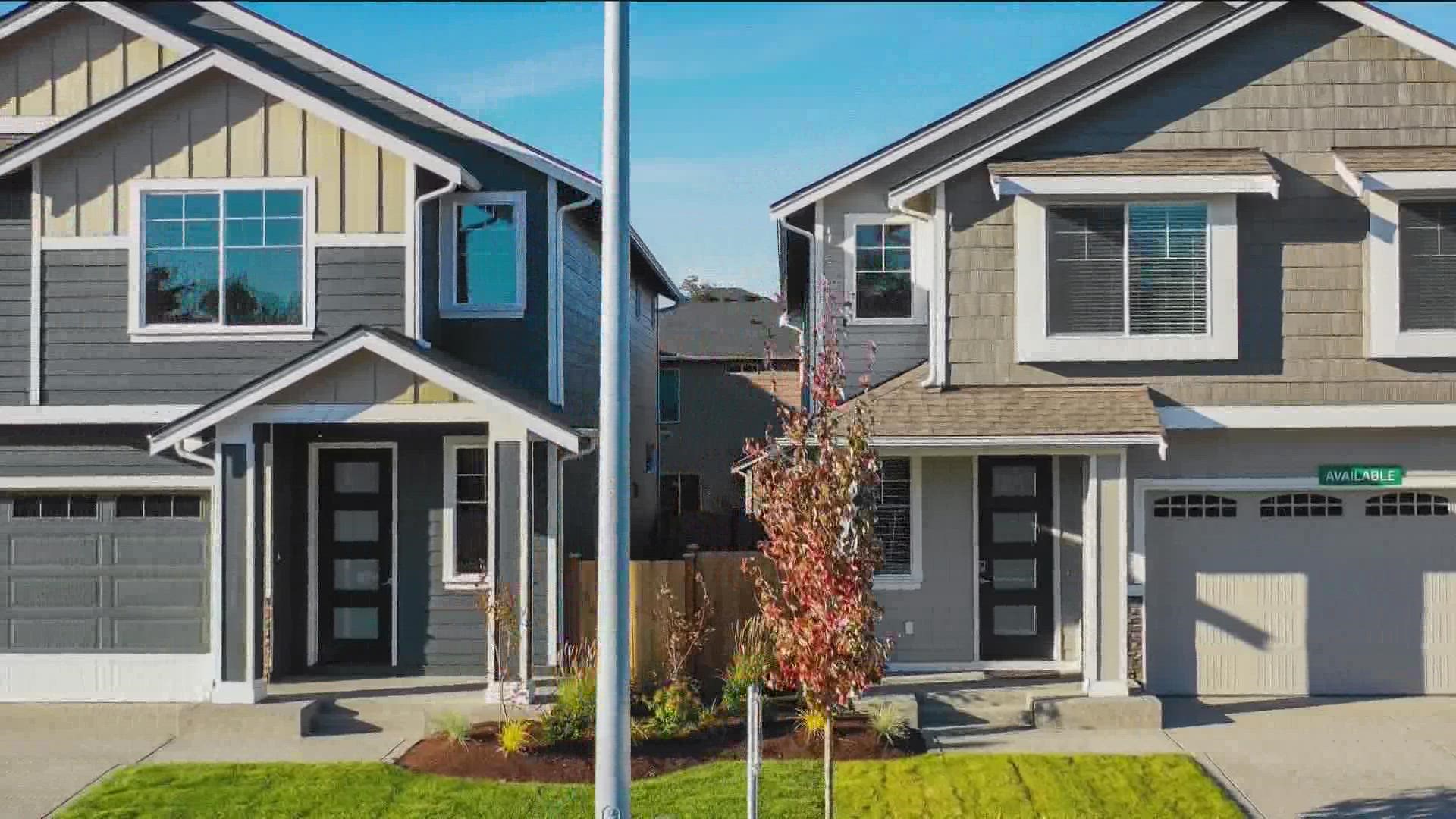SAN DIEGO — New year, new laws... and beginning in 2023, housing developers and business owners in California will no longer be required to include parking spots for residents and patrons if the project is located at least a half-mile from transit.
Assembly Bill 2097: New Development Parking
Background: AB-2097 stops city and county governments across the state from implementing a minimum requirement for housing developments to provide parking, if those developments are within a half-mile of public transit.
Summary: In hopes of driving housing prices down and spurring redevelopment of older commercial spaces, Assembly Bill 2097 will prohibit cities throughout California from enforcing minimum parking spaces if the project is located near transit.
Current Law: Some counties and cities in California such as San Diego, San Francisco, and Los Angeles, have implemented similar policies in order to bolster the development of affordable housing units.
What’s new: This bill will now set a baseline and allow developers to choose whether or not they want to include parking. By excluding parking, the cost of the development will fall and in turn, so too will the cost to build housing and the price to revitalize old commercial spaces.
Why it’s needed: This bill was presented to help make housing more affordable and to prompt the redevelopment of aging businesses.
According to the bill’s author, Laura Friedman, AB 2907 will no longer rely on city and county ordinances requiring a certain number of parking spaces are included according to the number of housing units or commercial areas. Instead, the bill will prohibit city and county officials from imposing any parking requirements if the housing development or business is located within one-half mile of a transit station. By doing so, the bill hopes to drive down housing costs and renovations for new business owners.
The new law, however, does allow for public agencies to forego the prohibition if not including parking will, according to AB 2907, have a “substantially negative impact…on the public agency’s ability to meet its share of specified housing needs or existing residential or commercial parking within 1/2 mile of the housing development.”
The bill grants the state the right to sue any municipality for implementing any parking requirement.

